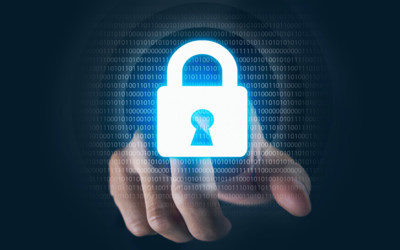Am I eligible?
Accreditation is open to those who can demonstrate a significant level of legal technology experience, ideally around three years in a dedicated legal tech role or an equivalent portfolio of work evidencing of exposure to and experience in legal technology as part of your broader role. Whether you work in a law firm, an in-house legal team or a specialist legal tech service provider, we expect Accredited Legal Technologists to have the improved delivery of legal services to clients at the heart of everything they do,
As part of your application, you will be asked to provide details of:
- Your formal qualifications and professional experience, evidencing a specialist expertise in both law and technology
- The tools you are using
- How you have developed or improved legal technology in your firm or legal team
- Where you have influenced strategy development, policy formulation and / or other leadership activities in relation to legal technology
- How you have contributed to legal technology beyond your employment (such as publication of articles or opinion pieces or
- The steps you take to ensure adoption of legal technology at your firm or organisation adheres to the ethical and professional standards required by the legal profession
- Two referees who can verify your skills and experience
Applicants may be technologists operating in the legal space, solicitors with a legal tech aspect to their role or those with overall responsibility for managing tech innovation for their law firm or legal team. Whether your job title is Associate, Partner, Legal Counsel, Head of Technology & Innovation, Legal Ops Manager, Legal Software Engineer or anything in between, provided you have sufficient experience and expertise you may be eligible for accreditation.
Examples of the types of work you might be involved in include (please note, this is a non-exhaustive list):
- Document automation and contract lifecycle management – designing tech to create and manage legal documents, streamlining the drafting, approval and renewal process
- AI - exploration of use cases for AI and adoption of AI tools; building and evaluating AI tools; prompt engineering; use of AI in structuring unstructured data
- eDiscovery – use of tech for large dataset review
- Compliance management – supporting real time compliance monitoring and management and automating risk assessments and compliance checks
- Client platforms – building secure platforms for clients to access their legal documents and communicate with their lawyers
- Conducting training – ensuring teams are well-equipped to utilise legal tech solutions effectively
- Innovation – horizon scanning and constantly exploring new technologies
- Managing tech innovation – legal tech oversight for a firm or in-house team, including leading efforts to adapt to new technologies and promoting smooth transitions

